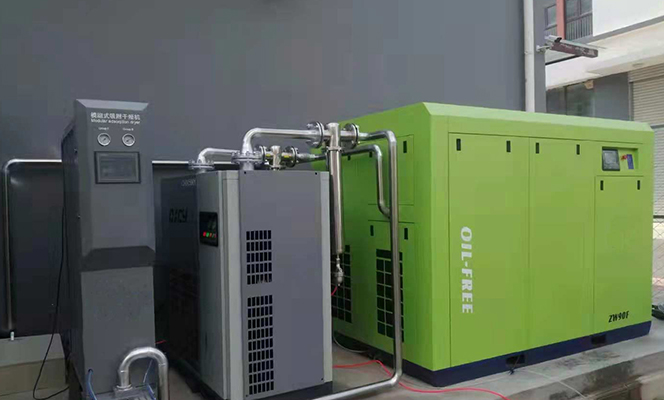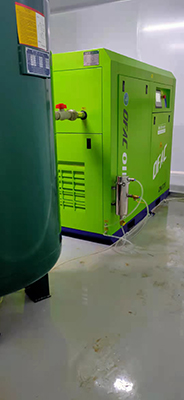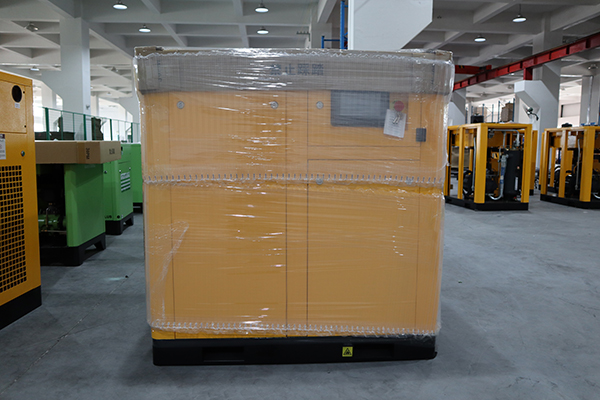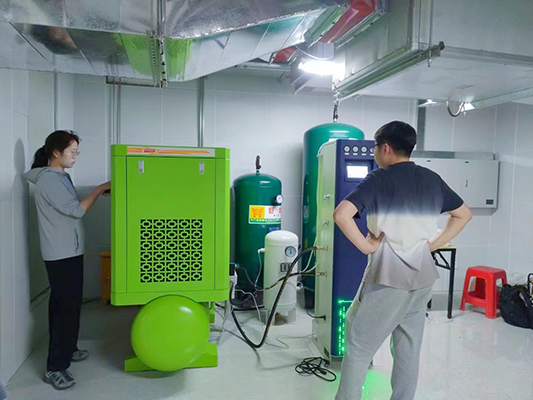Rotary Screw Air Compressor Operational Cost Analysis
News 2025-10-24
Rotary screw air compressors are integral to many industrial operations, offering reliable and efficient compressed air supply. This analysis explores the operational costs, which encompass energy consumption, maintenance, and other factors that significantly impact overall expenses. By examining these elements, businesses can identify opportunities for optimization, leading to improved efficiency and reduced financial burdens in sectors reliant on consistent air pressure.

Breakdown of Operational Costs
Energy usage is typically the largest component, often accounting for 70% or more of the total operational cost due to the continuous operation of these compressors. Maintenance expenses include routine tasks like oil changes and filter replacements, as well as unforeseen repairs that can arise from wear. Other costs involve labor for monitoring systems and the gradual depreciation of equipment, all of which contribute to the long-term financial impact in industrial settings.
Application Scenarios in Various Industries
In manufacturing, rotary screw compressors power pneumatic tools and automation systems, where cost efficiency directly influences production rates and downtime. The construction industry uses them for tasks like sandblasting and drilling, with expenses varying based on environmental conditions and intensity of use. In food processing, they ensure clean air for packaging and handling, emphasizing the need for low-maintenance designs to control costs effectively across these diverse applications.
Performance Advantages and Efficiency Gains
These compressors deliver superior energy efficiency through advanced designs, such as variable speed drives that adjust output to match demand, thereby cutting unnecessary consumption. Their robust construction reduces the frequency of maintenance and extends equipment lifespan, leading to lower overall costs. Such features not only enhance reliability in critical processes but also support sustainable practices by minimizing energy waste and operational disruptions.
Role in Enhancing Industrial Processes
Optimizing operational costs of rotary screw air compressors strengthens industrial competitiveness by improving process reliability and reducing expenses. In environments where compressed air is essential, such as automated assembly lines or HVAC systems, efficient cost management ensures smooth operations and supports innovation. This focus on cost-effectiveness ultimately drives better resource allocation and long-term profitability in the industrial sector.


